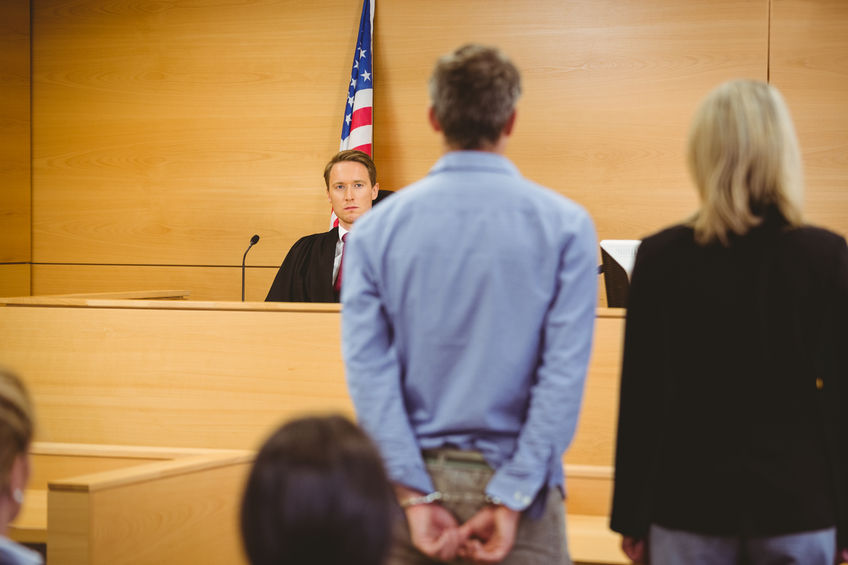Understanding the basics of a blind plea can be confusing. Additionally, navigating the criminal justice system can be a daunting task, especially when faced with decisions that have long-lasting consequences. One such decision is whether to enter a blind plea. In Oklahoma, understanding what a blind plea entails can help defendants make informed choices about their cases.
What Exactly is a Blind Plea?
A blind plea is a guilty plea a defendant enters without having an agreed-upon sentence with the prosecutor. Unlike a plea bargain, where the defendant and prosecutor negotiate the terms of the sentence, a blind plea leaves the sentencing entirely up to the judge. This means the defendant pleads guilty to the charges and trusts the judge to determine the appropriate punishment.
There are several reasons a defendant might choose to enter a blind plea. One primary reason is the hope of receiving a more lenient sentence from the judge than what the prosecutor offers. In some cases, the defendant’s attorney might believe that presenting mitigating circumstances directly to the judge could result in a more favorable outcome.
However, entering a blind plea carries significant risks. Since there is no guaranteed sentence, the judge has complete discretion in determining the punishment. This could result in a harsher sentence than what might have been negotiated through a plea bargain. Therefore, it is crucial for defendants to thoroughly discuss the potential outcomes with their attorney before deciding on this course of action.
The Process of Entering a Blind Plea
The process of entering a blind plea involves several steps. First, the defendant must voluntarily and knowingly waive their right to a trial. The court will ensure that the defendant understands the consequences of pleading guilty without an agreement on sentencing. After entering the plea, the judge will schedule a sentencing hearing, where both the defense and prosecution can present arguments and evidence regarding the appropriate sentence.
During the sentencing hearing, the judge will consider various factors to determine the sentence. These factors include the nature and severity of the crime, the defendant’s criminal history, any mitigating circumstances, and statements from victims or witnesses. The judge’s goal is to impose a sentence that is fair and just, considering all aspects of the case.
Appeals and Modifications
However, if a defendant is dissatisfied with the sentence imposed after a blind plea, they may have limited options for appeal. Generally, appeals focus on errors in the trial process rather than dissatisfaction with the sentence itself. However, under certain circumstances, such as if the defendant believes the judge abused their discretion or if new evidence comes to light, an appeal or a motion for sentence modification might be possible.
More Interesting Criminal Defense Articles From Our Attorney Blog
Claremore Criminal Defense Attorneys
Ultimately, the decision to enter a blind plea should be made after careful consideration and consultation with your criminal defense attorney. It is essential to weigh the potential benefits against the risks and uncertainties involved. By fully understanding the implications, defendants can make more informed decisions that align with their best interests.
While it offers the possibility of a more lenient sentence, it also carries the risk of a harsher punishment. By understanding the process, risks, and considerations involved, defendants can better navigate this aspect of the criminal justice system and make choices that best serve their interests. For help, call our team at Claremore Attorneys by calling 918-379-4872 or online for a consultation.

